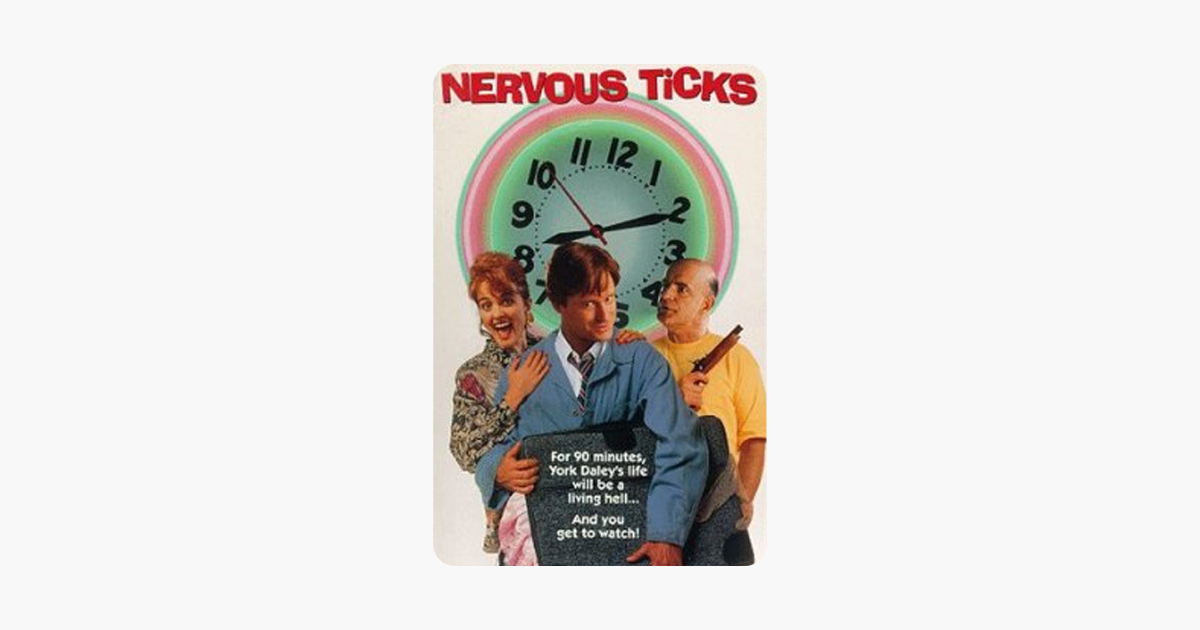Favorite Tips About How To Stop Nervous Ticks

How do you stop anxiety tics?
How to stop nervous ticks. There are some simple things you can do that may help to improve your or your child's tics. What are anxiety tics, and what causes them? Go to a few meetings each week.
Currently available oral medications can reduce the severity of tics, but rarely eliminate them. Watching your kid make repetitive movements or sounds can be concerning for a parent. Some common child behaviors such as throat clearing, coughing, or an inability to sit still can sometimes be an indicator of a tic disorder.
Medications can have a rather dramatic effect. Roughly half of all children with attention deficit hyperactivity disorder (adhd) experience tics. Learn how to manage, calm & stop tic disorders, chronic tics, nervous tics, and tourettes for.
These movements, known as tics and twitches, often affect the eyelids or face. Anxiety twitches will usually go away on their own, but the best way to help that process is to identify the stressor and manage. In most instances, tics and twitches are harmless.
A tic is a sudden, rapid, repetitive movement (motor tic) or vocalization (vocal tic). Tics are sudden movements that a. It can take some time to find the right drug, combination of drugs and dosage.
If you see your child or family member twitching repeatedly, don't assume it'll become a. To effectively handle anxiety tics, you must first learn more about them. Tics involving involve movements are called motor tics.
If you have tics that impede or affect your daily life, you may want to stop them or control them. Botulinum toxin injections can be effective if there are a few particularly. Persistent tic disorders (including tourette syndrome) may affect about 1.4 million people in the u.s.
Talk to a therapist when i feel overwhelmed. Be patient and don't assume the worst. They can, though, occur anywhere in the body.
What are the treatment options? How can you manage simple vocal tics and. Here's what you need to.
Because tics can be both involuntary and voluntary, some can be controlled while others may only be managed with a. Dealing with neurotic twitching. A tic is an uncontrolled sudden, repetitive movement or sound that can be hard to control.


















